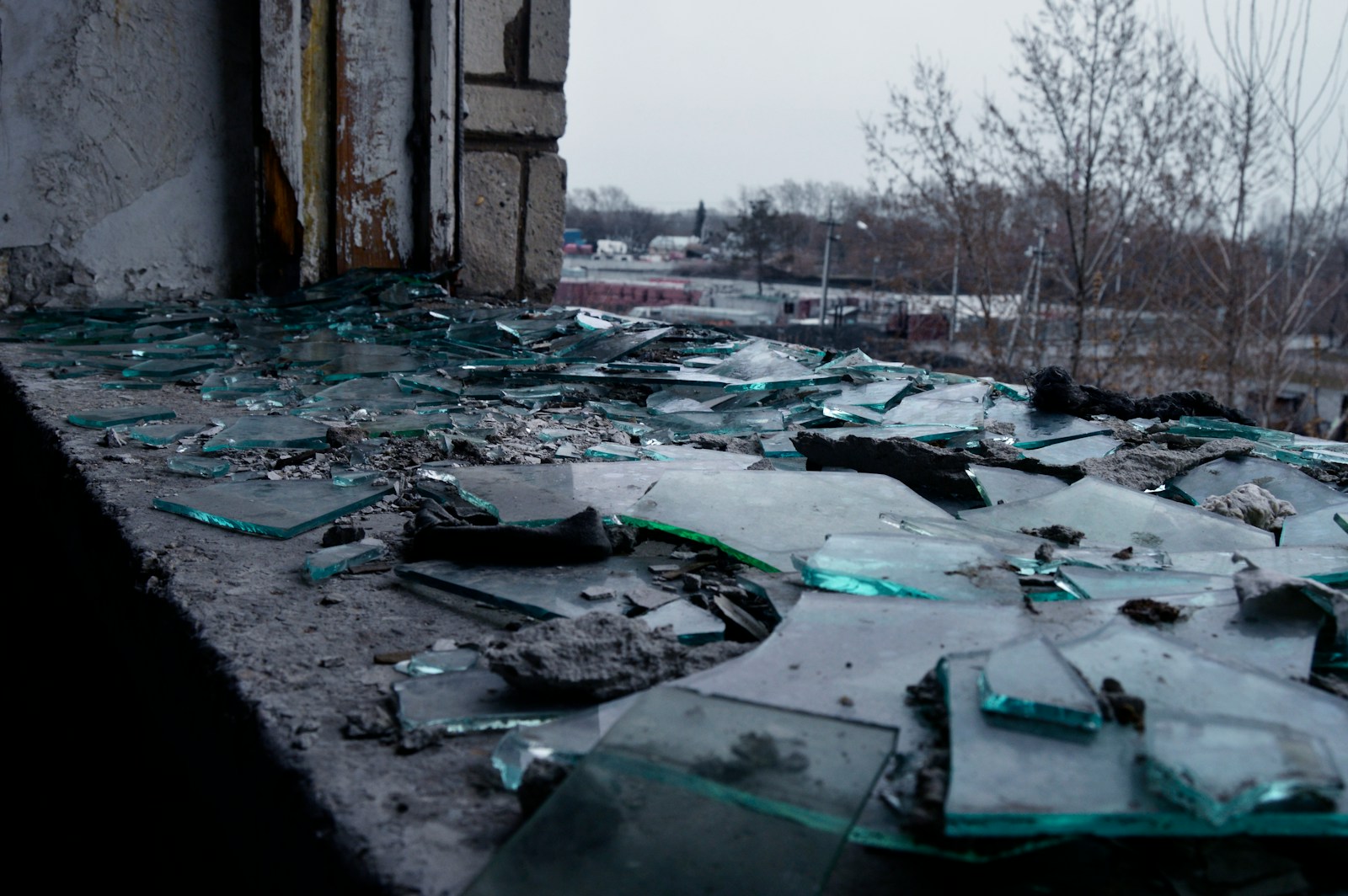Russia attack: Massive Strikes Rock Kyiv and Surrounding Regions
The latest Russia attack has unleashed unprecedented chaos across Kyiv and nearby regions, leaving residents in a state of alarm. Early reports indicate that multiple drones and missiles were deployed, targeting critical infrastructure and residential areas. Authorities have confirmed extensive damage in several districts, while emergency services struggle to respond to the surge of incidents.
Escalation in Kyiv’s Defense Response
As the Russia attack intensified, Ukraine’s air defense units were forced to activate emergency protocols. The capital’s sky was filled with intercepted drones, explosions, and smoke plumes, signaling the high stakes of this conflict. Citizens were urged to remain in shelters, while hospitals prepared for potential casualties. This escalation highlights both the strategic and psychological impact of coordinated drone and missile strikes on urban centers.
Impact on Civilian Areas
The residential zones of Kyiv experienced significant destruction during the Russia attack. Homes, schools, and public facilities suffered from both direct hits and collateral damage. Witnesses reported power outages, fires, and broken communication lines, creating a sense of vulnerability among civilians. Local authorities continue to assess the damage and coordinate relief efforts to restore essential services and provide immediate assistance.
Strategic Targets Hit
The Russia attack focused not only on civilian areas but also on strategic infrastructure. Energy facilities, bridges, and transportation hubs were among the main targets, disrupting daily life and complicating logistics across the capital. Analysts emphasize that such strikes aim to weaken both the operational capacity and morale of Ukraine’s defense forces. For more detailed insights on Ukraine’s strategic vulnerabilities, visit BBC World – Ukraine Conflict Analysis.
Emergency Services Under Pressure
Local emergency responders have been working around the clock to manage the aftermath of the Russia attack. Firefighters, medical teams, and volunteer groups faced unprecedented challenges, from extinguishing fires to evacuating affected residents. Authorities stress that the scale of this assault requires international coordination and additional support to prevent further loss of life.
Psychological Impact on Citizens
The Russia attack has left a deep psychological mark on Kyiv’s residents. Frequent alerts, sirens, and visible destruction contribute to widespread anxiety and stress. Psychologists warn that long-term exposure to such high-intensity attacks can lead to post-traumatic conditions, making mental health support a crucial component of recovery efforts in the coming months.
Regional Disruptions Beyond Kyiv
The impact of the Russia attack extended beyond the capital, affecting surrounding regions and towns. Supply chains, public transportation, and local economies experienced interruptions. Residents in these areas were advised to stay alert, as additional drone and missile strikes remained a real threat. Such widespread disruptions highlight the extensive planning behind these coordinated assaults.
Government and Military Coordination
Ukraine’s government and military forces have intensified coordination in response to the Russia attack. Emergency drills, rapid response teams, and intelligence-sharing protocols are being implemented to mitigate risks. Analysts note that adaptive strategies and proactive defense measures play a critical role in protecting civilians and maintaining essential services. Learn more about Ukraine’s defense tactics here.
International Reactions
The global community reacted strongly to the Russia attack, with multiple countries condemning the strikes and offering humanitarian support. International organizations are closely monitoring the situation, providing aid and diplomatic pressure to prevent further escalation. These reactions reflect the broader geopolitical significance of the attacks on Kyiv and surrounding regions.
Preparing for Future Threats
As Ukraine faces ongoing challenges from repeated Russia attack campaigns, emphasis on civil preparedness has increased. Shelters, emergency supplies, and public information systems are being reinforced to protect citizens. Experts suggest that building resilience and awareness is crucial for coping with both the immediate and long-term effects of such attacks.
Conclusion
The latest Russia attack on Kyiv and surrounding regions underscores the growing intensity of the conflict and its far-reaching consequences. While emergency services and government forces continue to respond, the human, psychological, and infrastructural toll remains significant. Strengthening defenses, ensuring civilian safety, and fostering international support are critical steps in addressing the ongoing threats and securing a more stable future for the affected regions.




